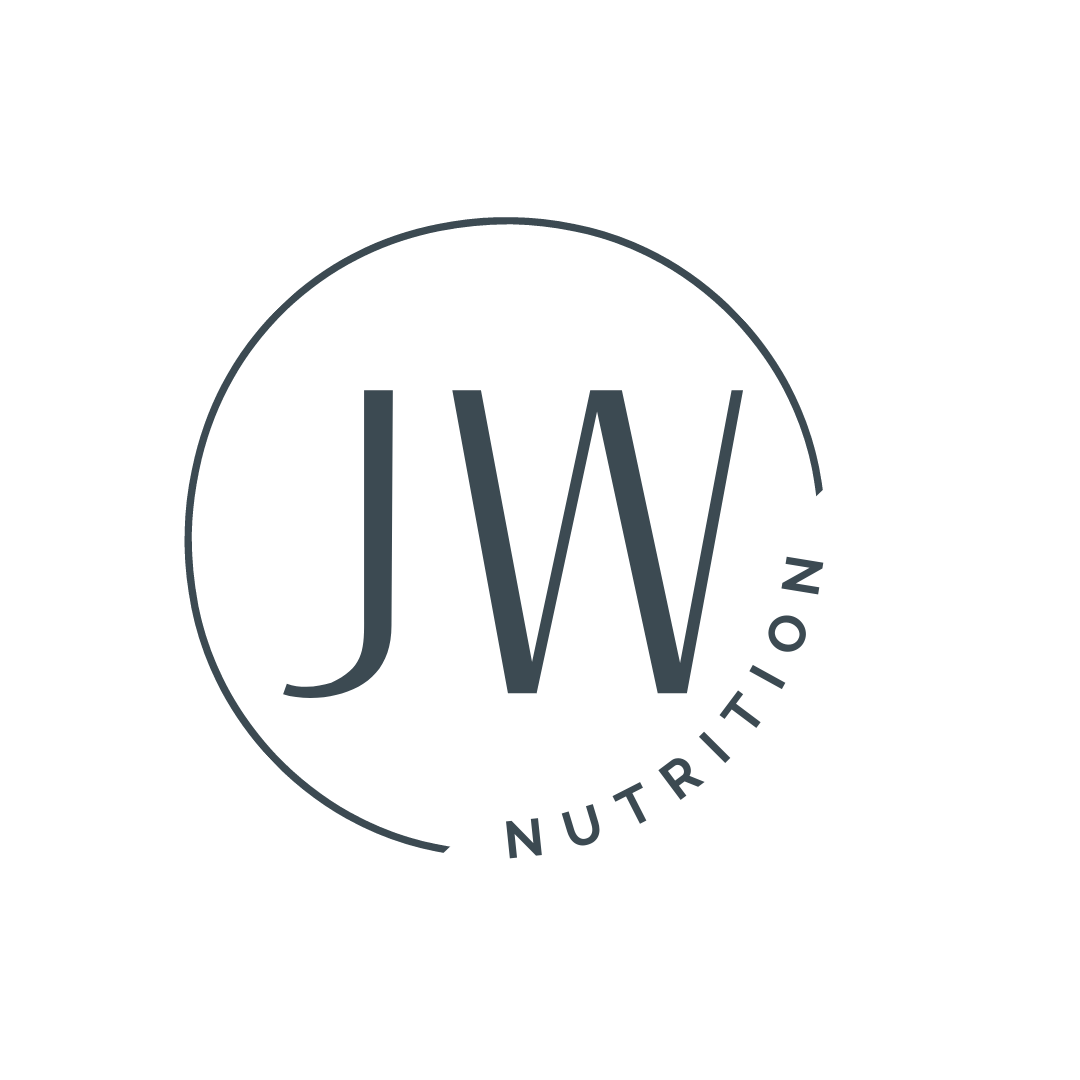Virtual Nutrition Counseling for Anorexia Nervosa
Compassionate, Non-Judgmental Support for Anorexia Recovery
Here, Your Story Is Valid and Your Healing Matters
Anorexia is a complex and serious eating disorder that can impact people of all ages, genders, body sizes, and backgrounds. At JW Nutrition Counseling, we provide virtual, weight-inclusive, non-judgmental nutrition therapy to help individuals and families navigate recovery from anorexia and restrictive eating patterns.
Our approach is grounded in the Health at Every Size (HAES) principles, recognizing that anorexia does not “look” a certain way. Restriction and malnourishment can affect people in any body size, and every person deserves compassionate, evidence-based care.
What is Anorexia Nervosa?
Anorexia Nervosa is an eating disorder defined by persistent restriction of food intake, intense fear of gaining weight, and a distorted body image. It can occur in people of all body sizes, ages, genders, and backgrounds. Anorexia is not only about food, it often reflects deeper struggles with control, perfectionism, anxiety, or trauma.
Unlike common misconceptions, anorexia is not defined by appearance alone. Malnourishment and restriction can cause serious physical and psychological consequences regardless of someone’s size.
Common signs of Anorexia Nervosa include:
Restricting food intake or following rigid food rules
Intense fear of weight gain or becoming “fat”
Preoccupation with body size, shape, or the number on the scale
Dramatic weight loss or failure to meet expected growth in youth
Denial of hunger or difficulty recognizing internal cues
Avoiding eating in front of others or skipping meals
Excessive exercise or compulsive movement to “burn off” calories
Physical symptoms such as fatigue, dizziness, feeling cold, hair thinning, or digestive issues
Our Approach to Anorexia Nutrition Counseling
Recovery from anorexia requires more than just “eating more.” Our work together focuses on:
Restoring nourishment and stability to support both physical and mental health
Challenging restrictive patterns in a compassionate, step-by-step way
Building body trust and internal attunement
Integrating mindful and intuitive eating strategies when appropriate in recovery
Providing non-judgmental, weight-inclusive care that affirms dignity and well-being in every body size
Supporting families and caregivers in reducing stress and fostering healing environments
Why Weight-Inclusive and HAES Care Matters in Anorexia
A common misconception is that anorexia is only visible in thin bodies. In reality, restriction and malnutrition can occur in any body size. Weight alone is not an indicator of health, diagnosis, or severity.
That is why our practice is firmly rooted in Health at Every Size (HAES) and weight-inclusive values. We help clients move away from external rules and body-based judgments, and instead toward healing that prioritizes nourishment, flexibility, and overall well-being.
Who Jamie Works With
Jamie works with adults and teens across Florida, Colorado, Arizona, Michigan, South Carolina, California, Virginia, and Oregon who are:
Seeking virtual support for anorexia or restrictive eating
Parents and caregivers looking for guidance on supporting their child through eating disorder recovery
Individuals searching for a non-judgmental, weight-inclusive dietitian who understands the complexities of anorexia
Clients ready to explore recovery through a HAES-informed approach
Working Together in Recovery
Anorexia recovery can feel overwhelming, but you do not have to do it alone. Our sessions provide a safe, supportive space to:
Explore the underlying fears that drive restriction
Develop coping skills to manage food anxiety
Reconnect with hunger, fullness, and satisfaction cues
Practice compassion toward yourself and your body
Build sustainable patterns of eating and self-care
Every step is personalized, meeting you where you are in your recovery journey.
Virtual Eating Disorder Support throughout the US
-

Florida
Miami, Orlando, Tampa, Jacksonville, Tallahassee, Gainesville, Sarasota, Naples, West Palm Beach, Fort Lauderdale
-

Colorado
Denver, Boulder, Colorado Springs, Fort Collins, Aurora, Lakewood, Arvada, Littleton
-

Arizona
Phoenix, Scottsdale, Tucson, Mesa, Tempe, Chandler, Gilbert, Flagstaff
-

Michigan
Detroit, Ann Arbor, Grand Rapids, Lansing, Kalamazoo, Traverse City, Flint
-

South Carolina
Charleston, Columbia, Greenville, Myrtle Beach, Hilton Head, Spartanburg
-

California
Los Angeles, San Francisco, San Diego, Sacramento, Oakland, San Jose, Santa Monica, Orange County
-

Virginia
Richmond, Norfolk, Virginia Beach, Arlington, Alexandria, Charlottesville, Fairfax
-

Oregon
Portland, Eugene, Salem, Bend, Corvallis, Medford
Frequently Asked Questions About Anorexia Nutrition Counseling
-
No. Anorexia can affect people of all body sizes. Restriction and malnourishment cause serious health risks regardless of weight or appearance.
-
No. You do not have to feel completely ready. Many clients begin counseling while feeling ambivalent or unsure. Recovery is a process, and support can help you take the next step at your own pace.
-
Yes. Jamie frequently collaborates with therapists, pediatricians, physicians, and higher levels of care to provide coordinated, client-centered support.
-
No. Jamie provides structure and guidance when needed, but the focus is on building flexibility, body trust, and long-term nourishment rather than rigid rules.
-
Jamie is an out-of-network provider but can provide superbills for clients to submit for potential reimbursement.
-
You do not need to look a certain way or reach a specific weight to deserve care. Anorexia is serious in all body sizes, and the earlier you seek support, the better your chances for recovery.
-
If restriction, food rules, or fear of weight gain are interfering with your daily life, health, or relationships, it may be time to seek help. Even if you are unsure, starting a conversation with a provider can help you get clarity and support.
-
Yes. Many people begin treatment while still experiencing body dissatisfaction or fear of weight gain. Recovery involves gradually building nourishment, body trust, and new ways of coping. Body image healing often comes with time.
-
Recovery is not linear. Many people need different types of support at different times. Reaching out for support again does not mean you failed, it means you are continuing your healing journey with new tools and guidance.
Begin Your Healing Journey
Anorexia recovery is possible, and you don’t have to have it all figured out to begin. A conversation is often the first step toward lasting change.
Book a free 15-minute consultation to see if this care is right for you.





